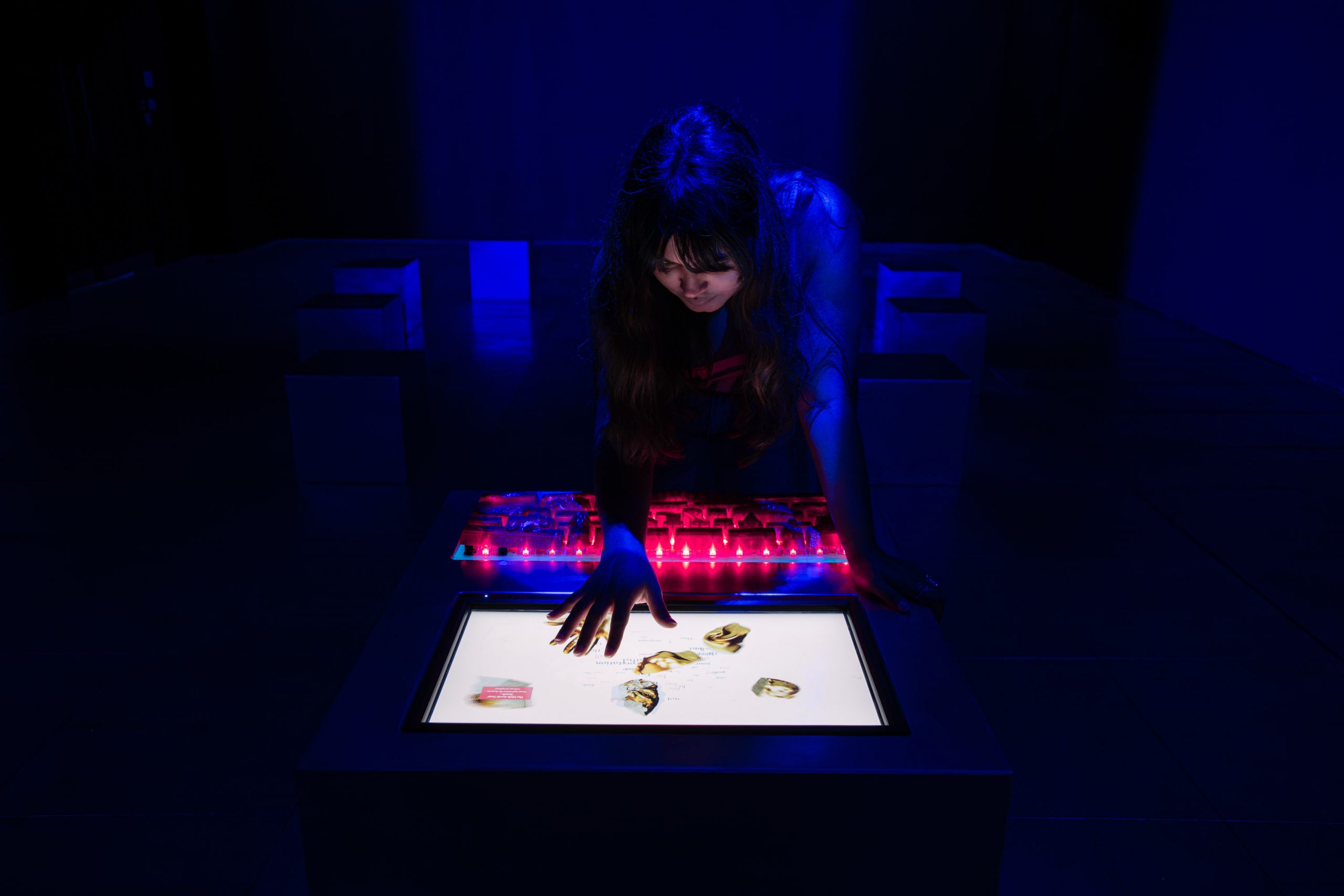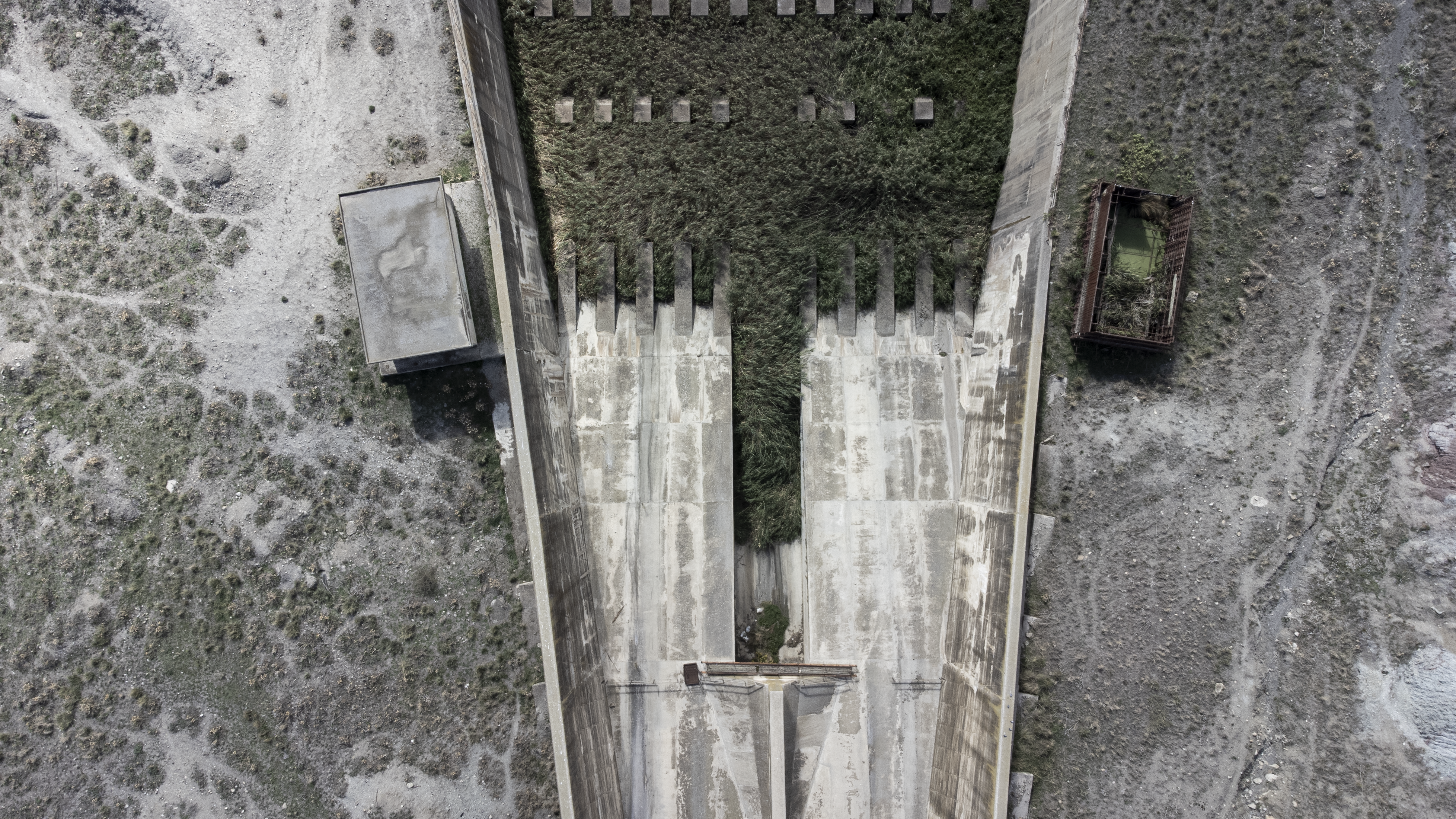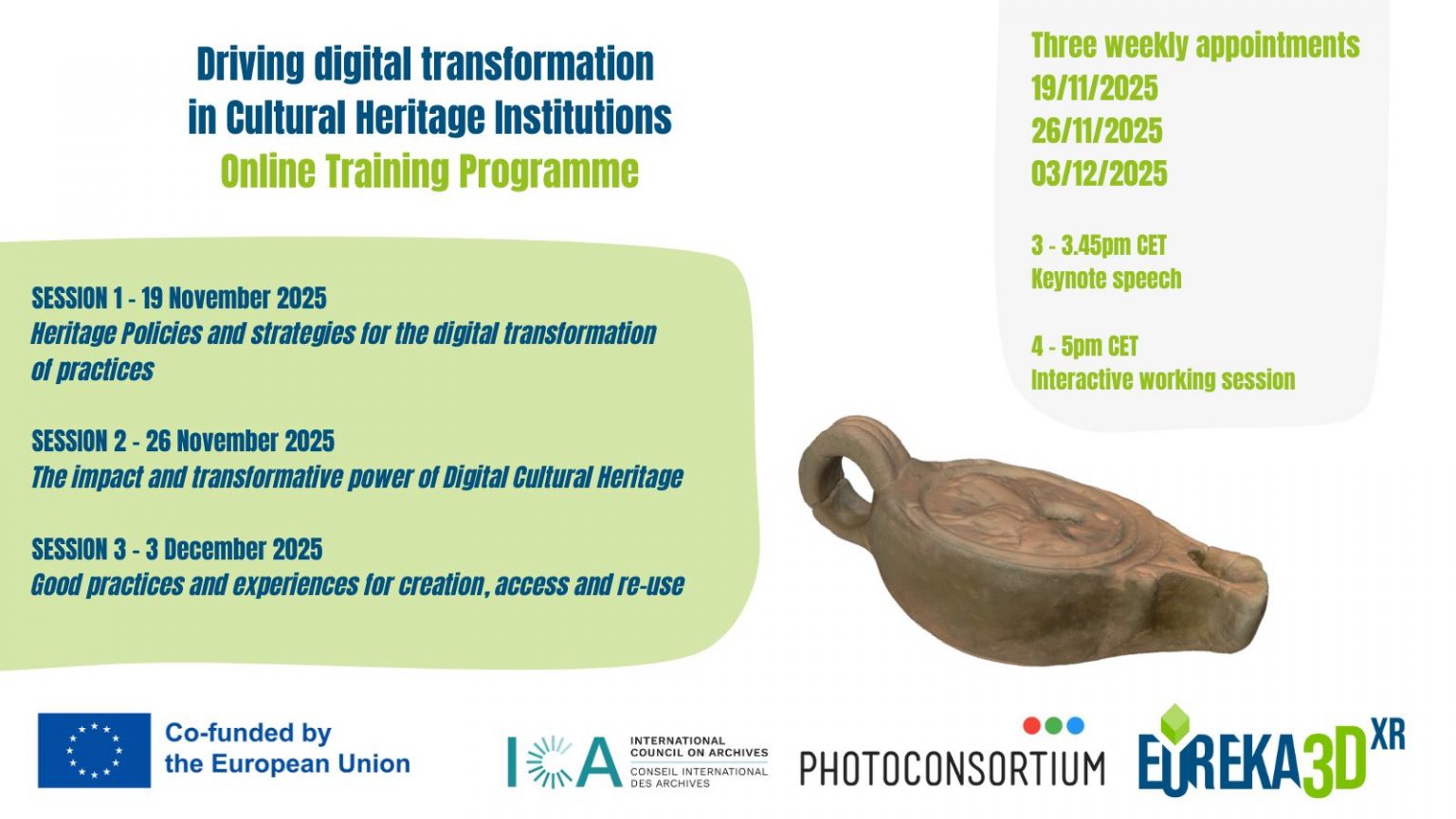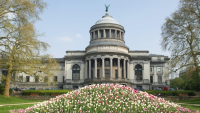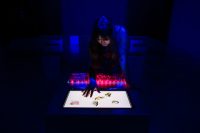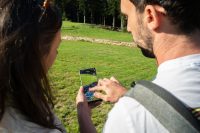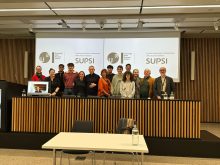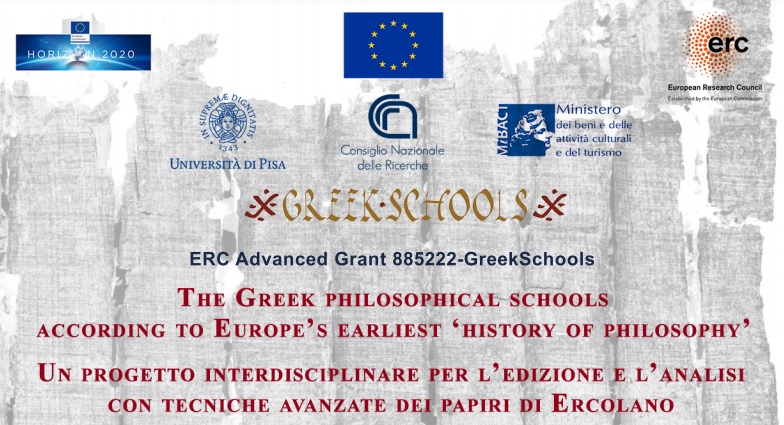
The important papyri retrieved in Herculaneaum and preserved at the National Library in Naples contain basically all our knowledge about Greek philosophical schools. Diogenes Laërtius’ Lives of Eminent Philosophers (3rd century AD) and Philodemus of Gadara’s Syntaxis (75-50 BC) in facts represents the earliest ‘history of philosophy’ to have reached us directly from antiquity. From this work that is exclusively preserved by the Herculaneum papyri we may derive a virtually systematic account of the history of Greek philosophical schools, but unfortunately the original manuscripts which transmit it are in a really poor state, very hard to decipher.
By relying on the most advanced technologies available today, the recently launched project “Greek Schools”, coordinated by the University of Pisa, aims to provide a new innovative critical edition of the whole treatise and its different sections, with extensive introductions and commentaries. By using AI and advanced X-ray and lighting techniques, the technology will help researchers identify written texts, colours, inks and other information that would be invisible to the human eye.
In particular the project will deliver:
- New Greek text with palaeographic and philological apparatus, modern annotated translation, papyrological and philosophical introduction and commentary, by applying noninvasive techniques to both opisthograph and multi-layered papyri belonging to Philodemus’ Syntaxis in order to (a) read the text hidden on the verso, (b) detect, classify and replace overlapping layers, and (c) read the text concealed inside the latter;
- combination of state-of-the-art methods with new, sounder philological approaches in order to produce a more reliable and substantially improved critical text of Philodemus’ treatise and its various sections through an innovative editorial system;
- production of an open-access electronic edition of it through a pioneering open-source scholarly Web platform, engaging the scientific community in an on-going and on-line collaborative review of our critical edition.
The launch meeting was held online on 18th January 2021 (Italian language).
Project website: https://greekschools.eu/


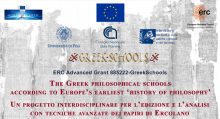
 Trans-making is a H2020 research and innovation project leaded by Relais Culture Europe Association (France). It aims to establish a multilateral network of research and innovation staff active in the fields of placemaking/place-based art activities as a space to create alternative narratives for social, economic and democratic renewal.
Trans-making is a H2020 research and innovation project leaded by Relais Culture Europe Association (France). It aims to establish a multilateral network of research and innovation staff active in the fields of placemaking/place-based art activities as a space to create alternative narratives for social, economic and democratic renewal.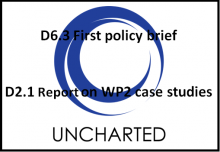
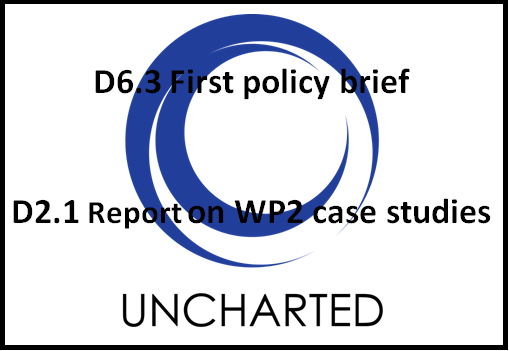 The UNCHARTED project registered two relevant developments at the end of the first year: the phase of study and elaboration carried out by of work package 1, devoted to the analysis of the configuration of the values of culture, was concluded and the one of work package 2, which aims to identify the emergence of values of culture, has produced its first outputs.
The UNCHARTED project registered two relevant developments at the end of the first year: the phase of study and elaboration carried out by of work package 1, devoted to the analysis of the configuration of the values of culture, was concluded and the one of work package 2, which aims to identify the emergence of values of culture, has produced its first outputs.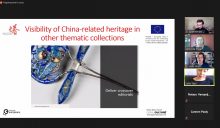
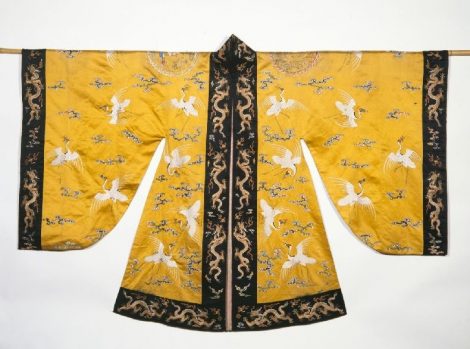





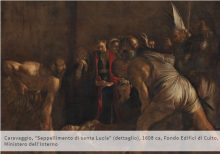

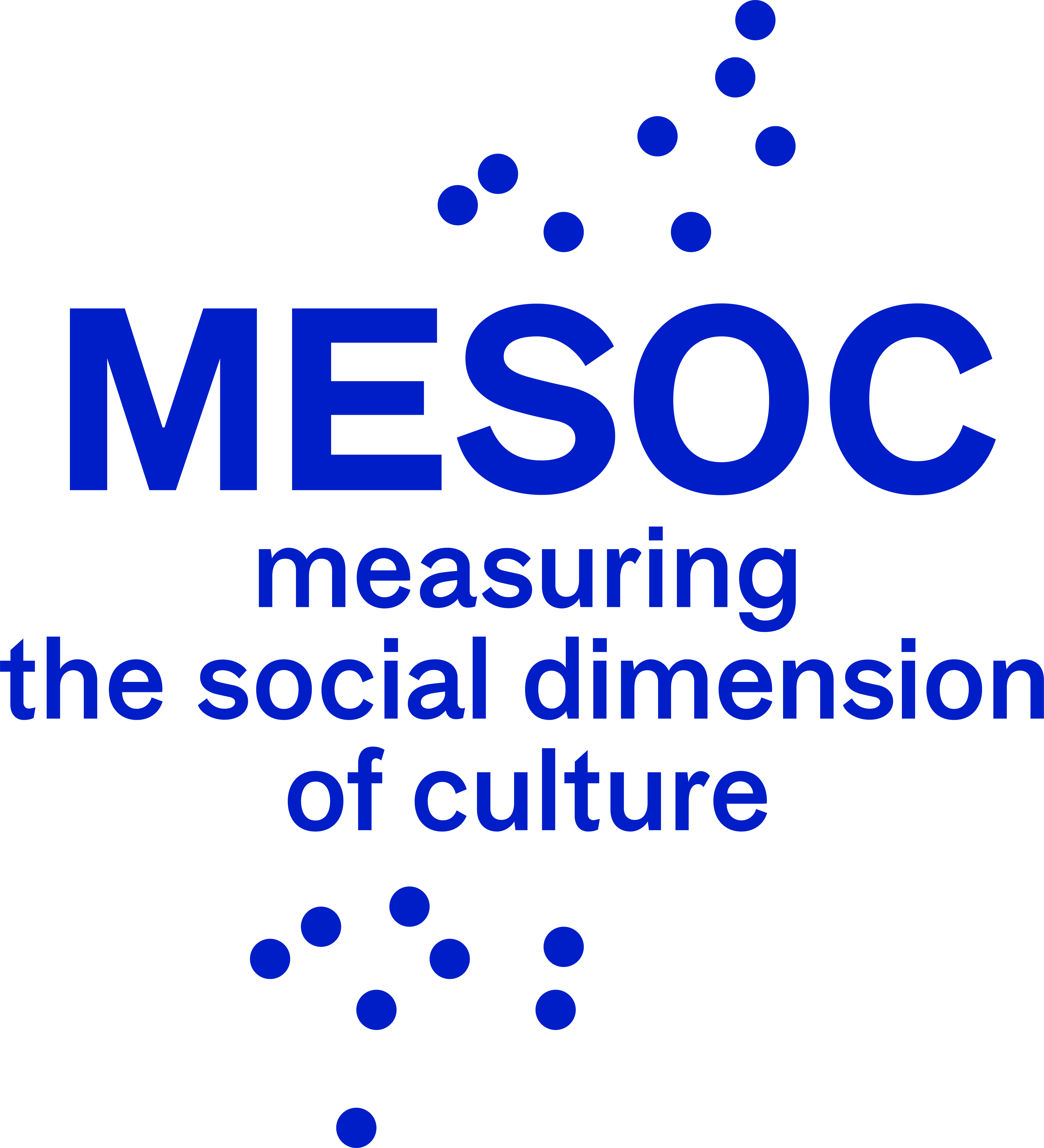 MESOC is research and innovation action whose challenge is to develop new perspectives and improved methodologies for capturing the wider societal value of culture, including but also beyond its economic impact, to enhance the potential role of culture as element of public policy for social, cultural and political cohesion and inclusion. Leaded by a Consortium composed by 10 Partners from 7 European countries (Belgium, Croatia, France, Greece, Italy, Romania and Spain) the three years H2020 project adapts and further develops a method for “transition based” impact assessment derived from a previous
MESOC is research and innovation action whose challenge is to develop new perspectives and improved methodologies for capturing the wider societal value of culture, including but also beyond its economic impact, to enhance the potential role of culture as element of public policy for social, cultural and political cohesion and inclusion. Leaded by a Consortium composed by 10 Partners from 7 European countries (Belgium, Croatia, France, Greece, Italy, Romania and Spain) the three years H2020 project adapts and further develops a method for “transition based” impact assessment derived from a previous 
 UNCHARTED is pleased to announce the collaboration with
UNCHARTED is pleased to announce the collaboration with 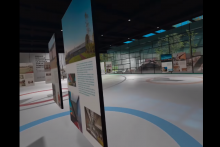
 EHT is a free digital newsletter for European heritage professionals. It aims to build a lasting European network by sharing knowledge, connecting people and the cultural and creative sectors.
EHT is a free digital newsletter for European heritage professionals. It aims to build a lasting European network by sharing knowledge, connecting people and the cultural and creative sectors.
 An online archive of photos, videos, maps and documents designed to celebrate the city’s heritage: this is the new initiative promoted by Coventry University in cooperation with Coventry City of Culture Trust, Culture Coventry and other partners.
An online archive of photos, videos, maps and documents designed to celebrate the city’s heritage: this is the new initiative promoted by Coventry University in cooperation with Coventry City of Culture Trust, Culture Coventry and other partners.